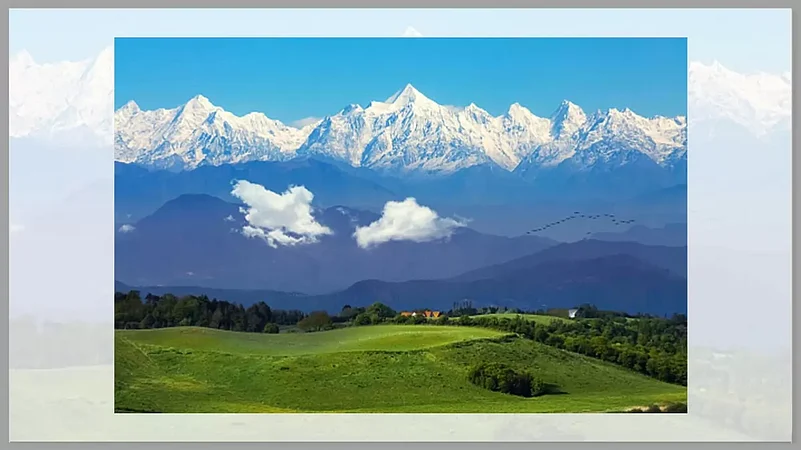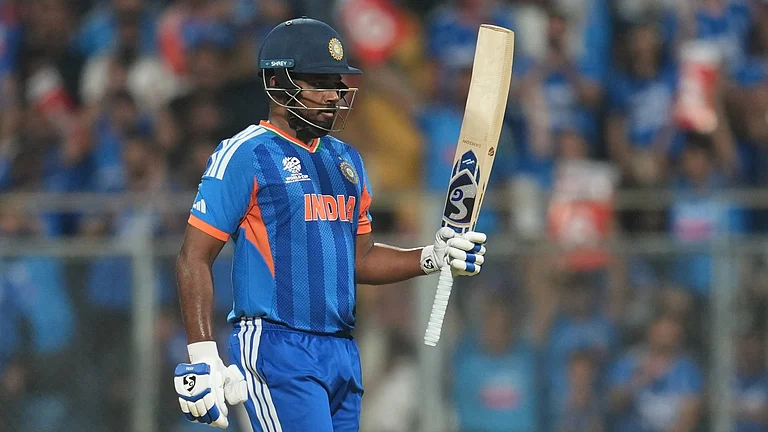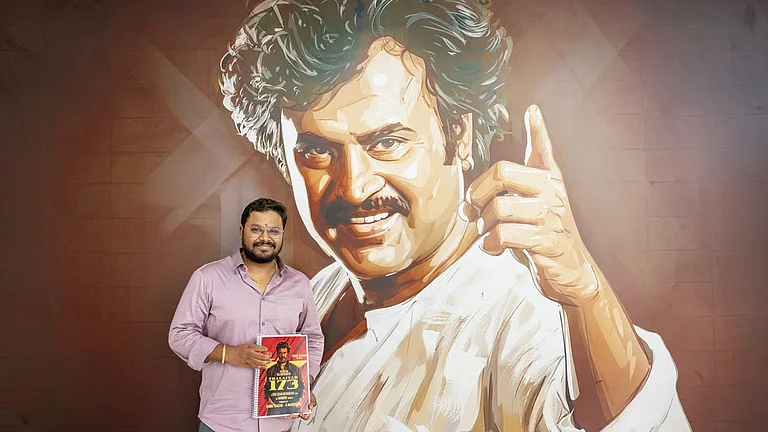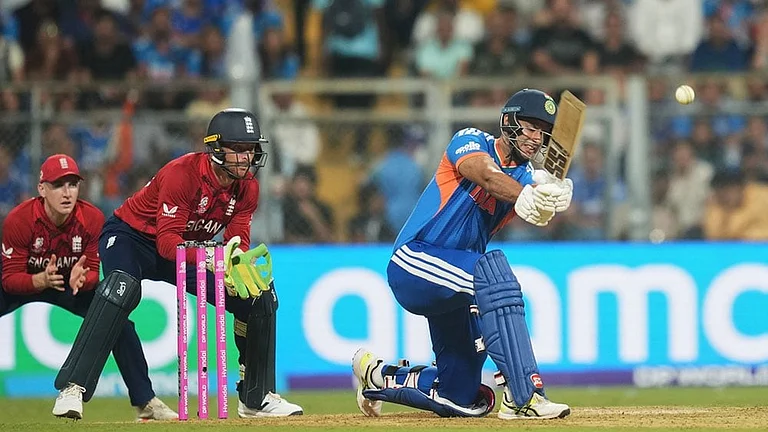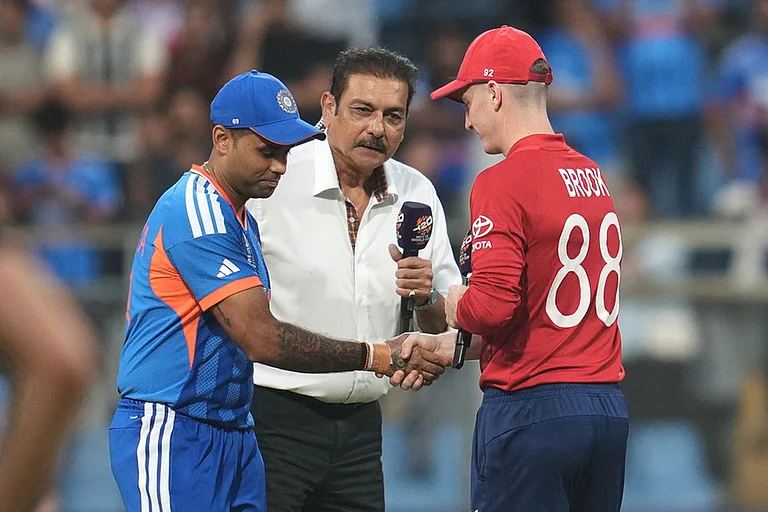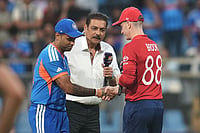The name Michael Madhusudan Dutt first crossed my path within the pages of 'Autobiography of an Unknown Indian' penned by Nirad C. Chaudhuri. In this literary work, Chaudhuri held the poet in high esteem, stating, ‘The greatest exponent, and also the greatest martyr, of Bengali humanism was Michael Madhusudan Dutt, a great scholar and the first great poet of modern Bengal.’ Upon finishing Chaudhuri's book, I delved into the magnum opus of Michael Madhusudan Dutt (MMD) that catapulted him to fame and acclaim. This work, titled 'Meghnadhbadh Kabya,' showcased Meghnad, the son of King Ravana, as its central hero, placing Ravana and Meghnad on a higher pedestal than Rama and Lakshmana. The composition's unique perspective sheds light on a different dimension of the epic narrative.
In the present day, there are scarce literary offerings that delve into the life and creations of Madhusudhan Dutt. One such book, released in recent years, is 'Betrayed By Hope: A play on the life of Michael Madhusudhan Dutt.'
The book ‘Betrayed By Hope’ is a play-script in five acts, co-authored by Namita Gokhale and Malashri Lal, that draws from the letters exchanged by Madhusudhan Dutt ― a prominent figure in Bengali literature with his friends and acquaintances throughout his life.
These letters serve as a testament, offering readers insight into the tumultuous journey of MMD both within and without― windows to his internal struggles and external challenges. Letters are the reflections of a man’s soul. In them, the traces of a person’s thoughts, emotions, and character lay bare in their truest form. Thus, these letters provide an intimate glimpse into MMD's transformation and turbulence over the years.
At the heart of the book lies an epigraph featuring an English translation of Michael Madhusudhan’s poignant poem. In the poem, he laments the pursuit of distant foreign lands while overlooking the treasures present in his homeland's soil and the whispered secrets of his mother tongue. The allure and adoration for England―the country he had come to love through its literary masters and everything English blinded him to these invaluable elements. The book’s introductory paragraph captures this sentiment, stating: “Michael Madhusudhan Dutt’s journey, of alienation and a return to selfhood, is one many writers and poets have travelled before and after him… To quote T.S. Eliot, ‘To return where we began and see the place for the first time.’”
'Betrayed By Hope' encompasses Michael Madhusudhan Dutt’s tragic life, poetry, aspirations, love life, longing to return to his land, and early and tragic death.
The narrative of the play is guided by the Sutradar named Rubina Rahman, an imaginary character brought to life by the authors, who interjects her own perspectives on MMD’s life and actions. She is a PhD student from Dhaka, Bangladesh, who has chosen MMD as her research topic, and thus, she digs deep into a sheaf of material consisting of MMD’s works- translations, poetry, and letters to his friends and mentors.
The character building of the Sutradar is also an interesting one, as the authors in the ‘Note on the Sutradar’ comment: ‘The Sutradhar’s confused identity, in a way, reflects MMD’s own negotiations with different cultural and linguistic legacies.’ When the character of MMD showers praise and expresses admiration for Lord Byron, the Sutradhar questions why he doesn’t consider his Bengali legacy and what he was trying to escape.
The paradox of MMD's journey is encapsulated in his dual identities. While he embraced European culture and the English language, he was compulsively drawn to the epics and legends of his Hindu heritage. In one of his letters, he confessed his burning desire to go to England: ‘You know my desire for leaving this country is too firmly rooted to be removed. The sun may forget to rise, but I cannot remove it from my heart.’
MMD's life is marked by his rebellion against parental wishes, resulting in his transformation from Madhusudhan Dutt to Michael Madhusudhan Dutt. Born into affluence, his inheritance became entangled in legal disputes after his parents' demise, pushing him to take various odd jobs for survival.
His financial struggles and yearning for England are vividly expressed in his letters, revealing a man torn between aspiration and reality. In a letter to his friend, he confesses his poor financial condition: ‘For I am as poor as a good poet ought to be!’ And again at another place: ‘I am badly off and have hardly anything to jingle in my pocket.’
Dutt’s journey epitomises the depths of misfortune. He became so enamoured with European culture and the English language that he willingly relinquished his Indian heritage. In his youthful poet days, he penned the lines:
“I sigh for Albion’s distant shore,
Its valleys green, its mountains high;
Tho’ friends, relations I have none
In that far clime, yet oh! I sigh
To cross the vast, Atlantic wave,
For glory, or a nameless grave”
Ironically, despite his longing for foreign shores, he encountered a tragic irony. Upon his passing away in 1873, just a few days after his life partner Henrietta's demise, MMD was denied a Christian burial. The book's introduction poignantly notes: “He died a broken man in 1873, a few days after his life partner Henrietta did. Michael Madhusudhan Dutt was refused a Christian burial. Literally in a no-man’s land of religion and identity, he was at last laid to rest in the Lower Circular Road cemetery in Calcutta.” In his pursuit of foreign allure, MMD found himself tragically rejected by the very faith he seemed to embrace. His ultimate resting place mirrors this complex intersection of religious and personal identity, encapsulating the poignant paradox of his life's journey.
Throughout the narrative, Dutt’s character is vividly portrayed through an array of adjectives, portraying him as a multifaceted individual: poet extraordinaire, a maverick genius, a brilliant student, a Romantic poet, a true polyglot, a paradoxical and Promethean poet, visionary, provocateur, catalyst of Bangla literary culture, a forgotten poet, a pretentious Anglophile, a moonstruck poet, the prodigal son of Bengal, a single-minded fellow, insufferable man, The great votary of English literature, a remarkable risk taker, the eternal romantic, the eternal profligate, an unapologetic Anglophile, a meteoric writer and a creature of hope.
Undoubtedly a literary genius, the letters shed light on MMD’s command over numerous languages, including Bangla, Sanskrit, Urdu, Persian, Tamil, Telugu, Greek, Latin, German, French, Italian, and English. However, it seems that he remained an enigma to himself throughout his entire life. His aspiration to emulate the English way of life took precedence over understanding his own authentic desires. In pursuit of this, he made immense sacrifices, disregarding the expectations of everyone around him. While he may have achieved success in the realm of literature, his personal life was marred by profound failures. He forsook his first wife, Rebecca, and even abandoned his children from that marriage. Later, he repeated this pattern by leaving his second wife, Henrietta, and their children in Versailles, facing the challenges of life on their own.
A particularly poignant passage from the book features the Sutradhar posing a pertinent query that resonates not just with Madhusudhan Dutt but with all writers and poets who seem to lead multiple existences.
“It puzzles and perplexes me―where does the individual sign off? Where does the writer take over? Do we judge the man or the literary genius? Or are they both too deeply intertwined to be ever dissociated?”
‘Betrayed By Hope’ weaves together the threads of Michael Madhusudhan Dutt’s multifaceted life, blending his creative passions, personal aspirations, yearning for home, and the complexities of his relationships. Through the lens of his letters, the play illuminates the inner workings of a remarkable yet flawed individual, highlighting the power of personal correspondence to unveil the essence of a person's soul.


